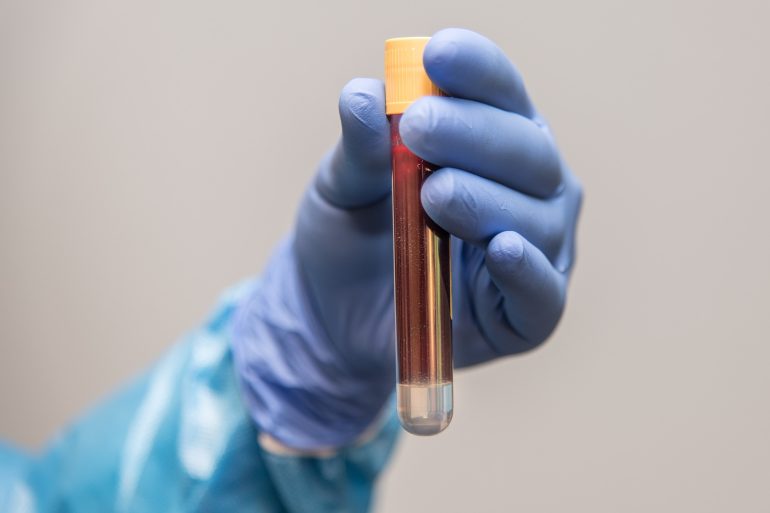- Dionysus Digital Health introduces AI-powered blood test for early detection of postpartum depression.
- Test analyzes epigenetic markers in blood samples, comparing them with established benchmarks.
- Academic partners validate findings; collaborations with government entities for clinical trials.
- Improved diagnostics crucial but require enhanced treatment and support systems.
- Vision for proactive healthcare: early identification leads to timely interventions and preventive care.
- Concerns about AI bias addressed through diverse validation cohorts.
- Potential drawbacks include exacerbating healthcare disparities and ethical concerns.
- Dionysus aims to offer test directly to consumers, reshaping maternal and child healthcare paradigms.
Main AI News:
The diagnosis and treatment of postpartum depression are inconsistent at best and neglectful at worst, contributing to maternal mortality. Dionysus Digital Health, a startup in San Diego, proposes a blood test for early detection, even before symptoms manifest. Utilizing machine learning, the test analyzes epigenetic markers in blood samples, comparing them with benchmarks established through a decade of research on postpartum depression in pregnant individuals.
Academic partners at Dionysus, including the Royal’s Institute of Mental Health Research and UVA Health, have corroborated their findings through peer-reviewed papers. Collaborations with the Department of Defense and the National Institutes of Health aim to conduct clinical trials, with the ultimate objective of making the $250 test widely accessible and covered by insurance. However, experts caution that improved diagnostics alone may not suffice without adequate treatment and support for affected mothers.
The Vision for Change
Dionysus envisions a scenario where healthcare providers administer the test during the second and third trimesters of pregnancy, identifying women at higher risk of postpartum depression and other perinatal mood disorders. This proactive approach, combined with existing diagnostic methods, could facilitate early interventions and preventive care, potentially reducing adverse outcomes.
While the American College of Obstetricians and Gynecologists recommends screening for postpartum depression, disparities persist, particularly among low-income and minority mothers. Elizabeth LaRusso, a psychiatrist specializing in women’s health, emphasizes the need for accessible care following identification. The effectiveness of the Dionysus test hinges on its affordability and insurance coverage, as increased screening could lead to reduced long-term healthcare costs.
Concerns and Considerations
As AI plays an increasingly prominent role in healthcare, scrutiny regarding bias becomes paramount. Mark Sendak, a data scientist at the Duke Institute for Health Innovation, underscores the importance of auditing AI systems to mitigate bias, particularly in training data. Dionysus emphasizes the diversification of its validation cohorts to ensure broader representation.
However, Suresh Balu from DIHI warns of potential drawbacks, such as exacerbating healthcare disparities if early screening remains accessible only to affluent individuals. Moreover, the psychological impact of knowing one’s predisposition to postpartum depression without guaranteeing its manifestation raises ethical concerns. Despite these challenges, Dionysus aims to empower individuals by offering the test directly to consumers, potentially reshaping maternal and child healthcare paradigms.
Conclusion:
The introduction of an AI-powered blood test for postpartum depression detection by Dionysus Digital Health marks a significant advancement in maternal mental health care. While promising, its success hinges on addressing concerns regarding bias and accessibility. Nevertheless, this innovation has the potential to reshape the maternal healthcare market by prioritizing proactive interventions and personalized care.

